How To Plow A Garden Without A Tractor
Secret #3 for Planning a Garden Your Family will Love!
When we think about preparing a spot for our garden, images of digging, plowing, or tilling often come to mind. But did you know that it is not necessary for preparing your garden? What if there was an easier way? Not that we want to be lazy, but often man's way can create unnecessary work that we wouldn't have to do if we did things God's way. In this post I want to share a few simple techniques that will get your family excited about preparing the garden this year!
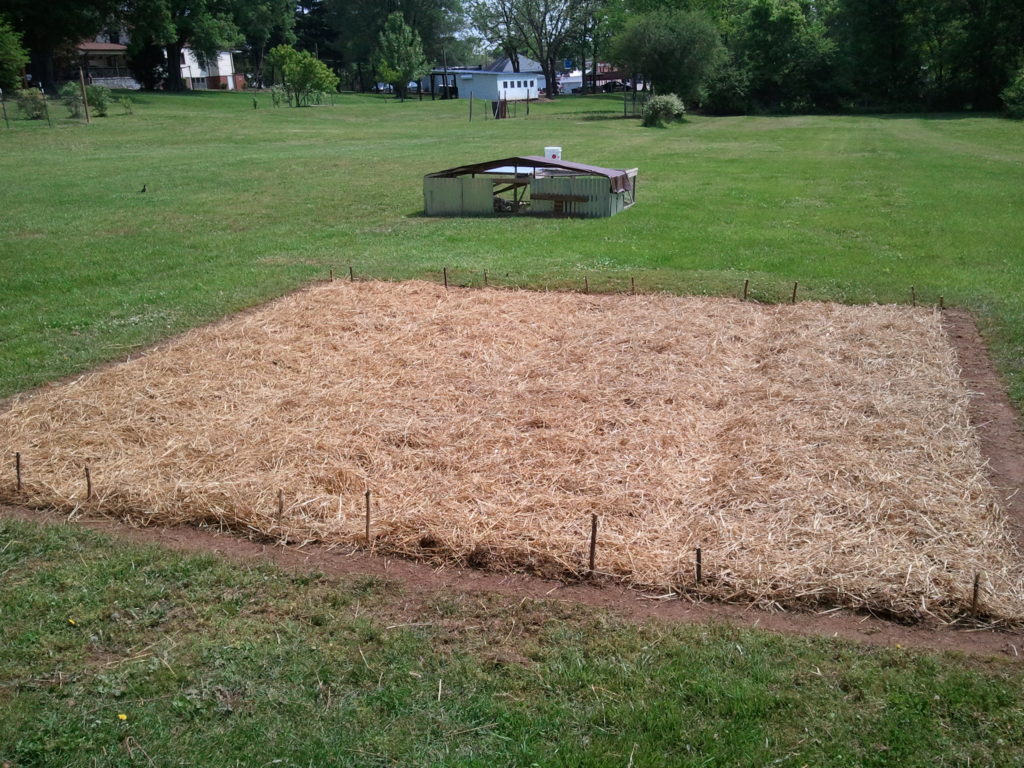
When I was first gardening I worked very hard to dig my little plot all up with a shovel. In our red Alabama clay I even remember using a pickaxe sometimes! Many gardening books I read extolled the benefits of 'double-digging', which is basically plowing by hand with a shovel. It seemed like very productive work (definitely can produce a lot of sweat!). But one season I took one of my small garden spots and covered it with leaves from our woods instead of digging it up. The vegetables I planted in the ground of that garden did amazing! Even better than my dug gardens!
So what is the best way to prepare our gardens?
When preparing our gardens, all we need to do is remove the weeds without plowing, and add a mulch cover (God's blanket)!
All those years I laboriously dug or tilled my gardens the adjacent woods looked on and grew without any plowing or added fertilizer. Each fall the trees would blanket the forest floor with a beautiful mulch of leaves, providing protection for the soil and food for the microbes that help feed the trees. Without the disturbance of the plow God's fertilizer system of bacteria, fungi, earthworms worked together to break down the minerals and organic matter into food for the plants. If I had taken the time to look up from digging in my garden I might have been able to learn something!
In order to copy God's way of growing things here are three steps for preparing your garden this year without plowing!
1. Precisely Layout Your Garden
Before you prepare your garden you need to lay out the size and shape of it. It is worth taking the extra time to do it right since it will impact the planting and care of your garden. Use strings, stakes, and measuring tape to determine the layout of your garden and to separate walking areas from growing areas.
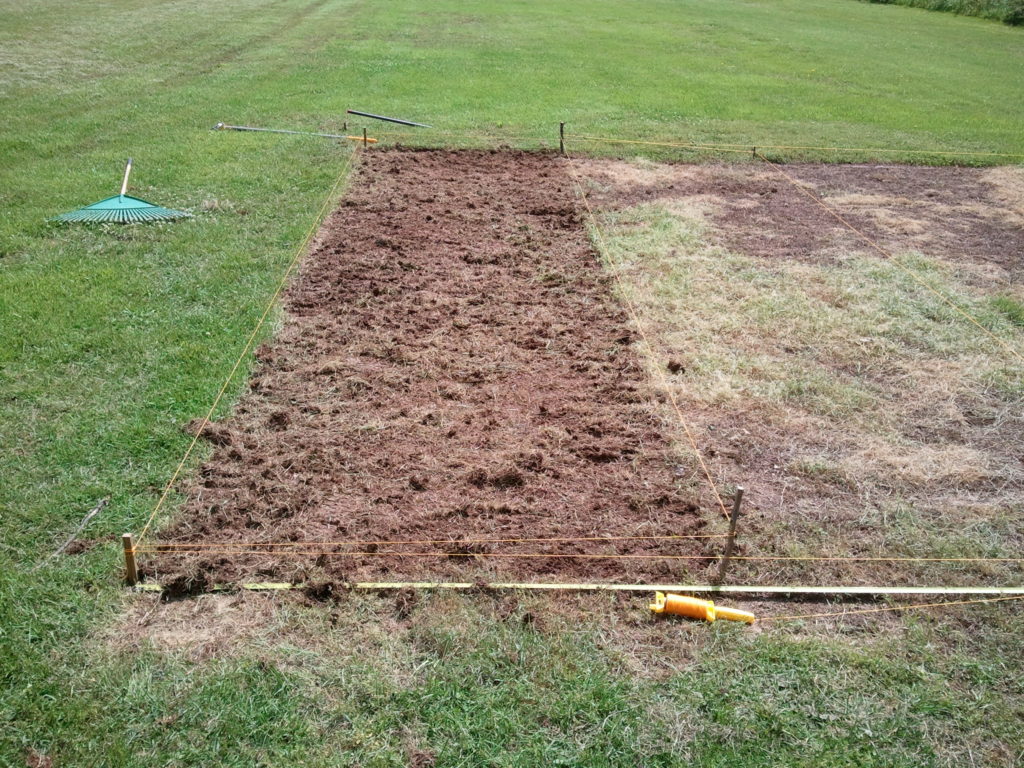
2. Remove the Existing Plants (Weeds, grass, etc).
It may be a daunting task to remove the weeds or grass from your garden plot without plowing or digging. But it is really not that hard! You have two options I would recommend:
A. Spread a tarp over the area you have marked off for your garden to smother and kill the existing plants. This is definitely the easiest method, but does take some forethought since the tarp will need to be there for several weeks or months (depending on the time of year).
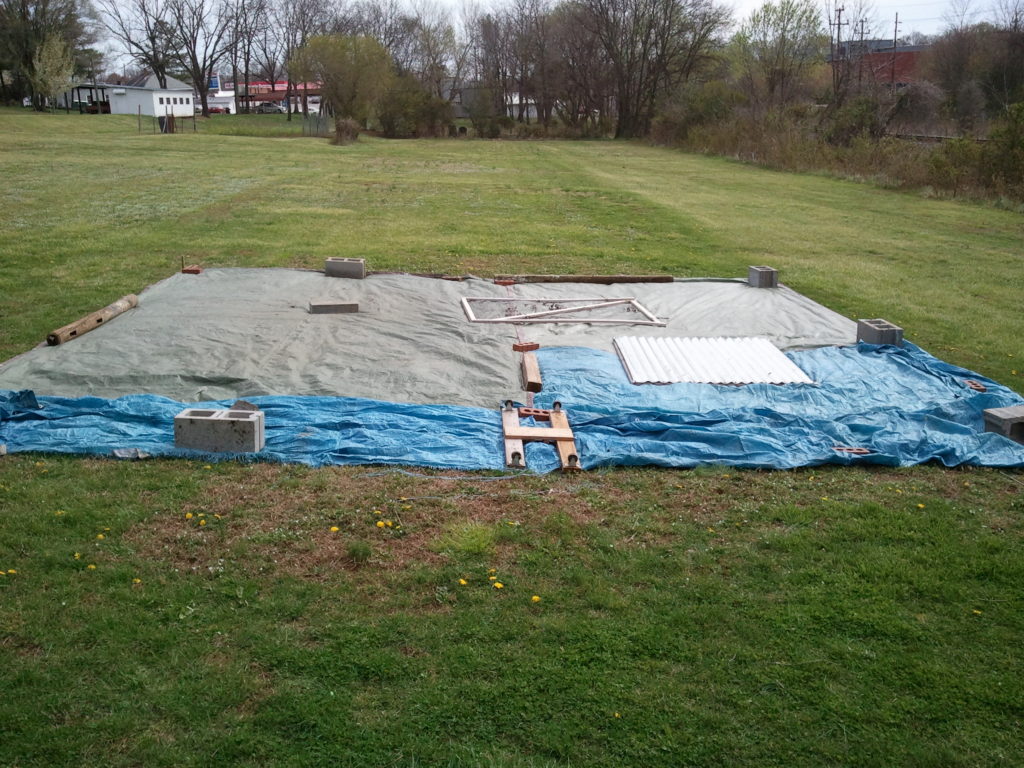
B. Use a hoe to cut/scrape the weeds or grass off at ground level. This is a little harder than tarping, but it is fast and way easier than digging! The best hoe to use is one that is heavier, rather than a cheap lightweight hoe.
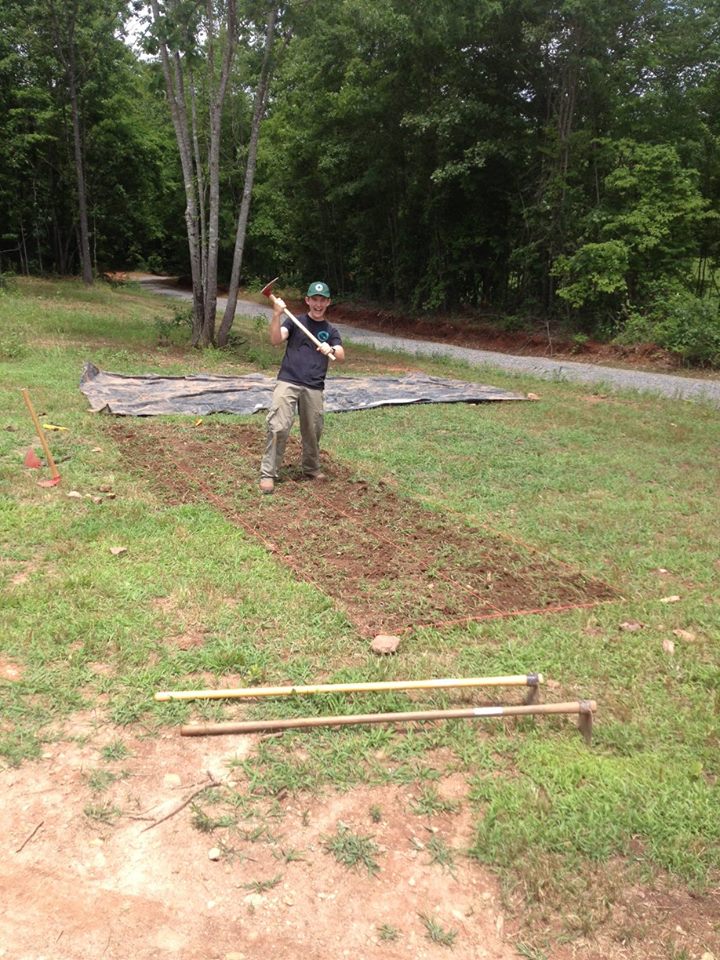
3. Add a Blanket of Mulch
Once you have removed the existing plants from your garden without digging or plowing, then you need to cover it with God's blanket (mulch). This can be either dead grassy or leafy material. Dried grass clippings, leaves, and straw can all be good mulches. But just avoid putting mulches on that contain weed seeds or creeping grasses like bermuda grass. Sometimes you can even use the grass or weeds you removed from your plot for mulch!
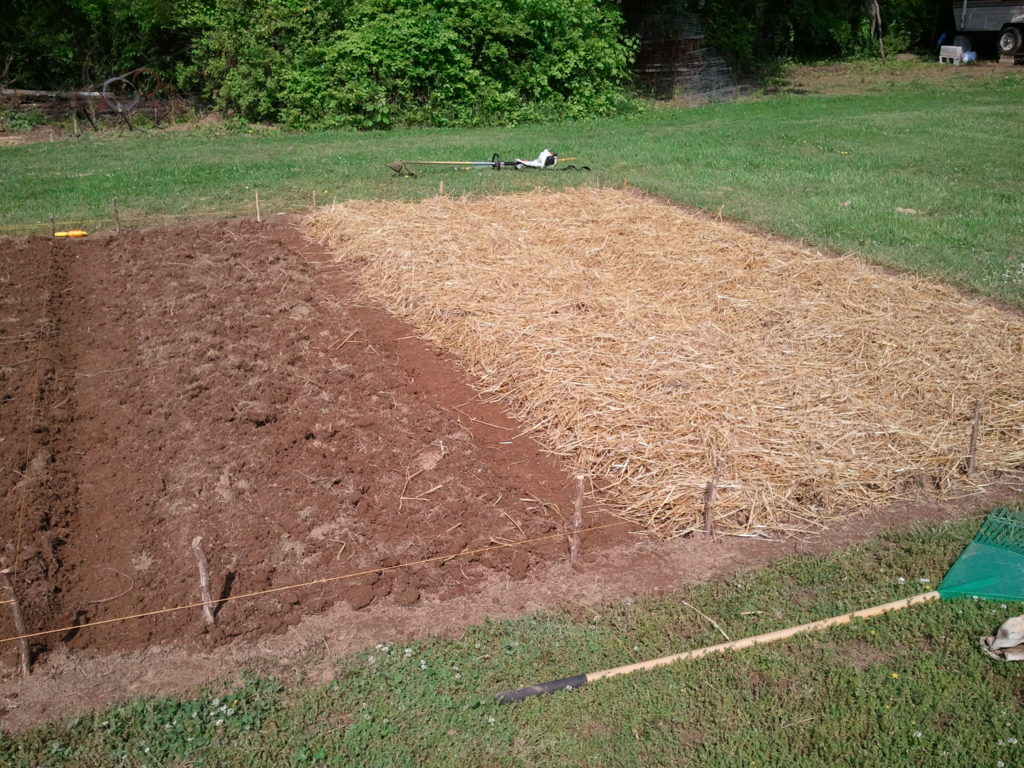
Since I have started preparing my garden using what I can observe of the way God grows plants I have had amazing results! Maybe you have always plowed. This year I would encourage you to take just a small part of your garden and try preparing it using the three steps above. See what happens and then gradually expand the system to the rest of your garden. God loves it when we are faithful with even a little, and then He will add to us?
In my next part of this series I plant to share tips on planting in your newly prepared garden!
There are different ways we can copy God's growing methods in our garden. How are you going to display the wisdom of God in your garden this year?
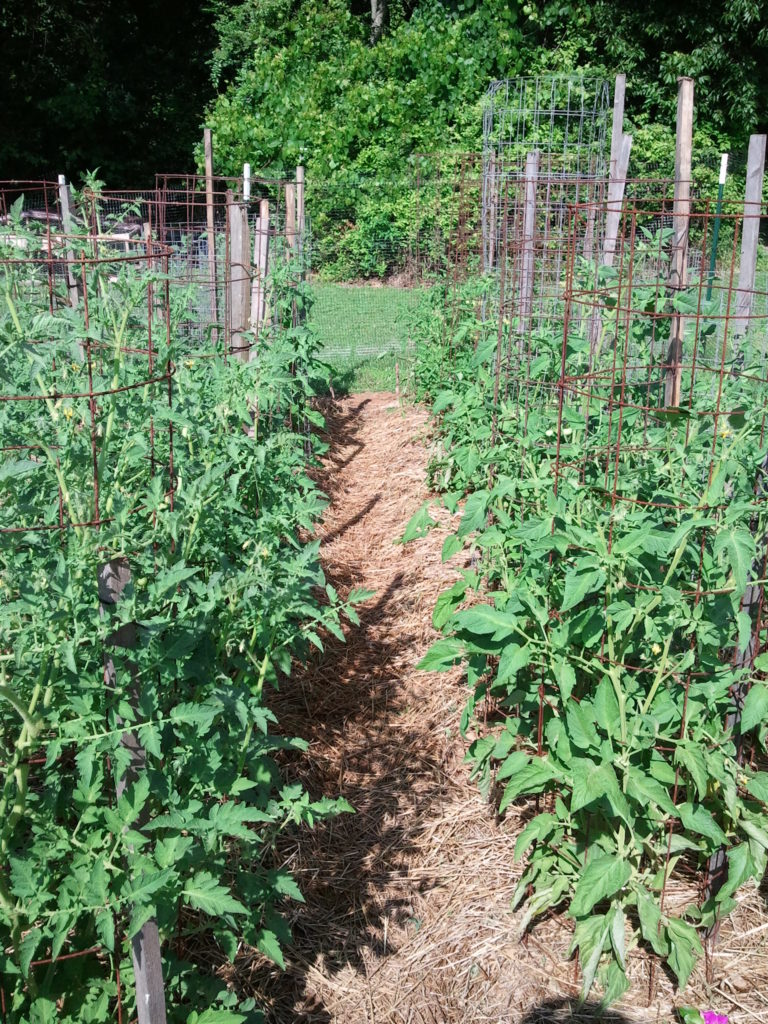
How To Plow A Garden Without A Tractor
Source: https://redeemingthedirt.com/2018/02/23/how-to-easily-prepare-your-garden-without-a-tiller/
Posted by: oylerthervanable.blogspot.com

0 Response to "How To Plow A Garden Without A Tractor"
Post a Comment